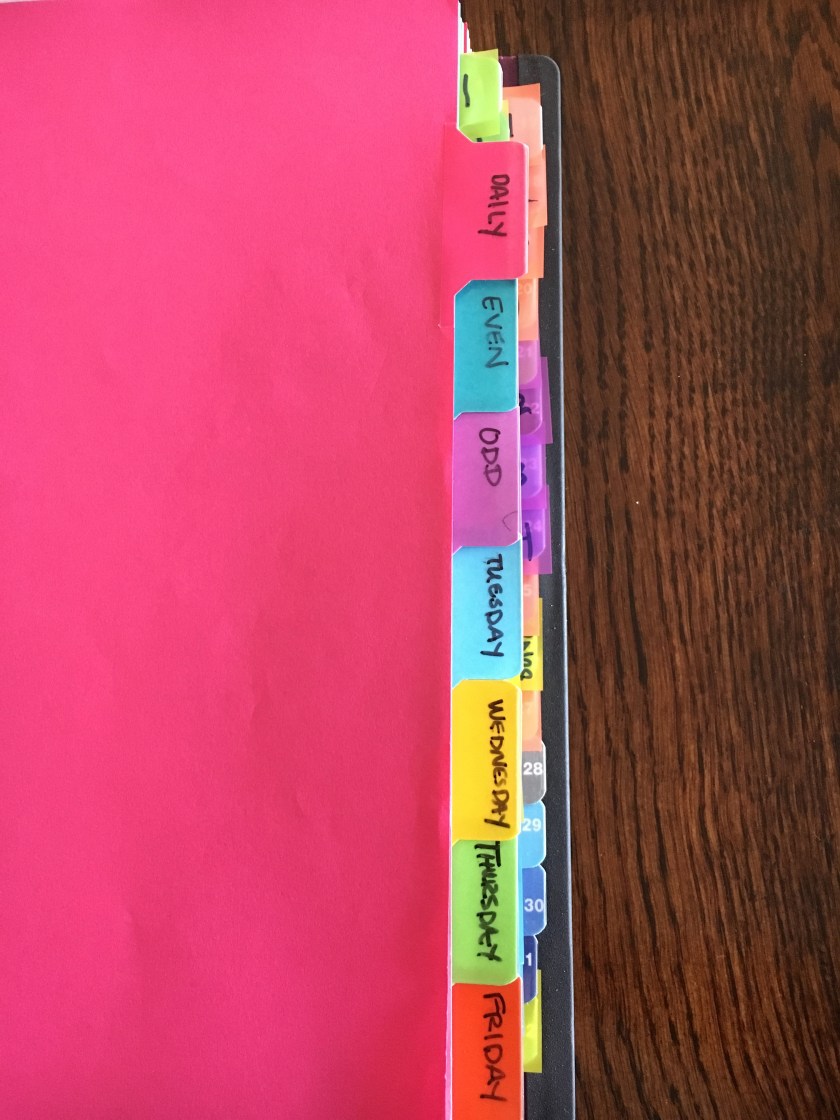
I thought I was going to start school at our house yesterday, but I was wrong. I have all the plans made. I looked at the calendar and realized that I kind of needed to start to get all the plans done when on time.
But then I looked at my desk and despaired. There was a giant pile of printed papers that needs to be spiral bound. And I never printed the second side of some of those papers, and I never sorted them properly. Plus, the meal planning and grocery shopping has to be done. Never mind the fact that I have some Challenge director things to do before tomorrow.
So, we’ll start school next week.
I came upon an Improv Drama Camp that an acquaintance is running this week. She is good. The boys will have fun, and I can have a couple of hours a day in which to think and work without interruption. That is just what the doctor ordered for this post-Expo week. I need some space and some grace and rest.
Next week, we will find our rhythm, and all the things will be ready to go. I’ll have the school carts cleaned out, and the pencil boxes organized and ready. I’ll finish a meal plan for the month, and we’ll do this month’s big grocery shop and put away the food. I will have my new computer fully functional and a plan for getting my own studying done. I’ll answer emails that are languishing in the inbox, write a couple of blog posts that are squirming around in my head.
And when Sunday evening gets here, we’ll be ready and have a game plan that should hold up.












You must be logged in to post a comment.